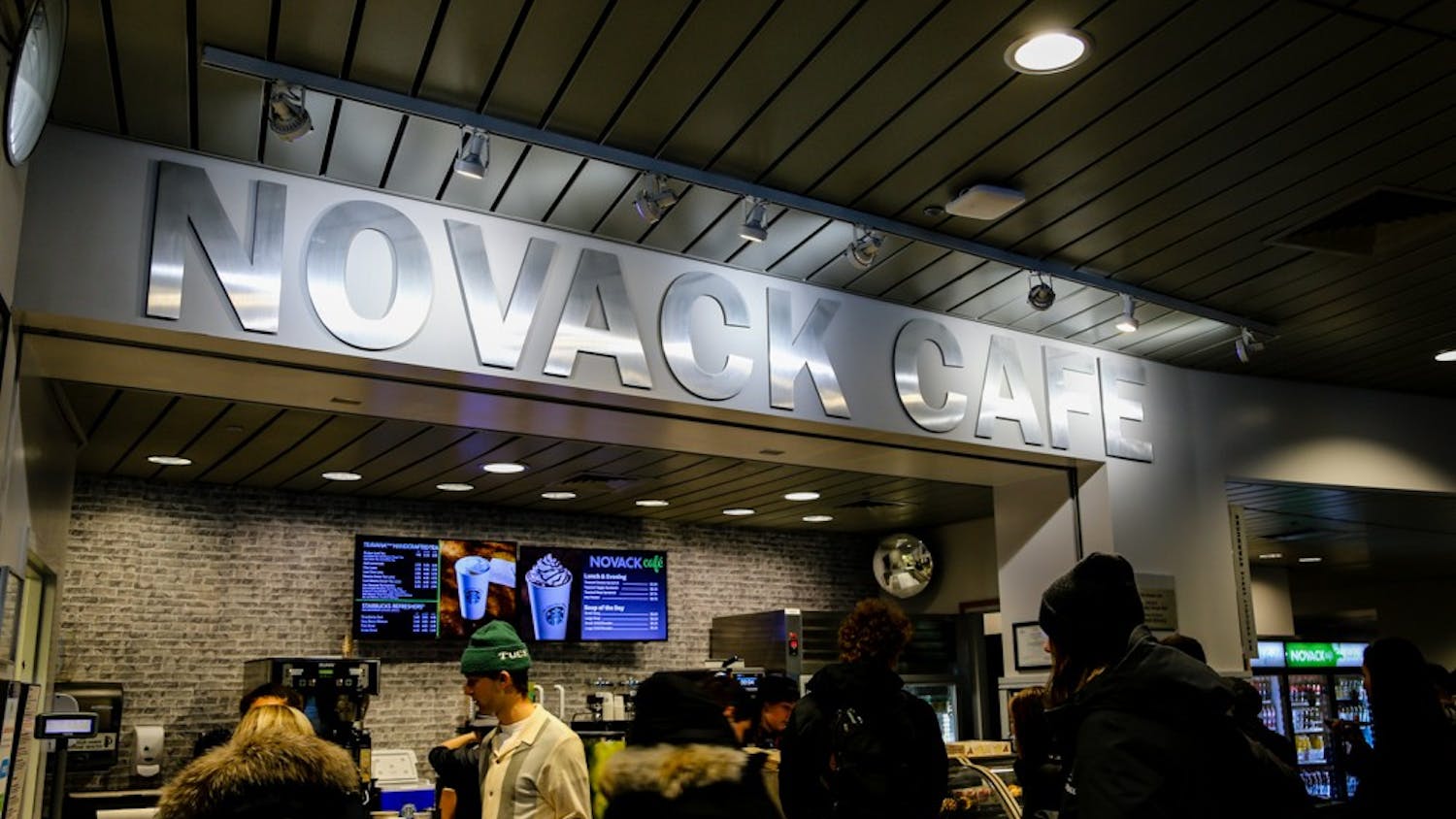This term, I’ve spent a lot of time not working hard enough. It’s the nagging feeling I get when it’s 8 p.m. — four hours before my essay deadline — and I’m watching my seventh Riverdale episode of the day while my Canvas page stares back at me disapprovingly. Cognitive dissonance, one might call it. It takes a lot of energy to convince myself that my research paper warrants less attention than the latest series of woes in Betty and Jughead’s relationship.
But in a short 10-week term, it’s also tragically easy for us to get caught up in the hustle of academic pressures, extracurricular commitments and internship deadlines. It isn’t just four hours before midnight when I feel the pressure of an upcoming essay deadline — being at home all the time makes it difficult to turn off “work mode” even after the day is over. Hustling, it seems, is just another part of the typical student lifestyle.
For many, this feeling has intensified during the pandemic. We log onto Twitter or LinkedIn and find posts claiming that we aren’t making the most of our time in quarantine unless we learn a new skill, start a new side project or stay productive in some other fashion. But though this hustle culture pervades elite circles of Silicon Valley entrepreneurs and Wall Street fanatics, it’s wildly contrary to the actual experiences of many people.
When the weight of the pandemic first started settling in, I felt detached and anxious. Rather than confronting these feelings, I decided to run from them. I dove headfirst into my classwork. I registered for four classes. I told myself that I needed to work harder in order to make the time spent in quarantine worthwhile. Then the inevitable happened: I burned out.
Right now, we deserve the opportunity to act in ways that are unproductive: to feel the emotions that we need to feel, to connect with our loved ones who may be sick or financially suffering and to immerse ourselves in the hobbies that make us happy — even if that means bingeing terrible teen dramas. Last week, The New York Times published a piece listing the names of 1,000 of the now over 100,000 Americans who’ve died of COVID-19. Meanwhile, the murders of George Floyd, Ahmaud Arbery, Breonna Taylor and many others have rightfully brought structural violence against black Americans into the public spotlight. Tragedies of this gravity deserve our time and attention, and it’s perfectly natural for us to be feeling more stressed than we usually would. When the voice in our head tells us to pull back, we should give ourselves the privilege of listening to it.
After all, numerous studies have demonstrated the benefits of taking time off. By studying tourists at a vacation resort, scientists at the University of California San Francisco found that taking time to relax is associated with improved stress response and immune function. Research by University of North Carolina Chapel Hill psychology professor Barbara Fredrickson also showed that positive emotions — the kind that we feel when we engage in “play” or connect with others — make us more adept at thinking outside the box.
And yet, I still have trouble taking my own advice. If staying busy is just a decision — and not a very good one — then why does my inner critic still love to belt out Loren Allred’s song from “The Greatest Showman” — “never enough, never enough, never enough?”
The answer is simple: Hustle culture has dominated the American way of thinking for decades. For tech and business-centered professionals, churning out the most output in the least amount of time is profitable — and perhaps even necessary to survive — in the fast-paced corporate environment.
However, hustle culture doesn’t provide much in the way of societal improvement or corporate accountability. In the pursuit of profit, companies over the past few decades have embraced short-term gains over long-term investments. As BlackRock CEO Larry Fink admitted, the pressure for modern companies to keep share prices high means that corporate leaders are “underinvesting in innovation, skilled workforces and essential capital expenditures,” all of which would drive long-term growth but reduce gains in the short run. When important business decisions are driven solely by what they can contribute to a company’s P&L statement, it isn’t surprising that we lose sight of what really matters.
When we let ourselves step back from constantly doing more, our “unproductive” time is anything but. Our experience at college will be defined not by the amount we get done, but by the lessons we’ve learned, the relationships we’ve made and the memories we’ll carry with us — and in the pursuit of these things, we can and should take our time. By pulling back from what’s productive, we can focus on what’s actually worthwhile.



